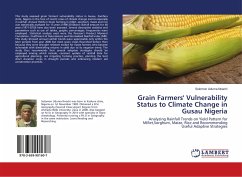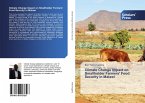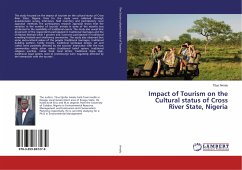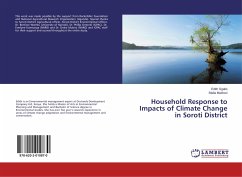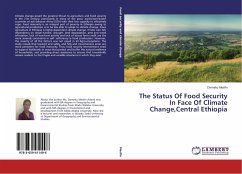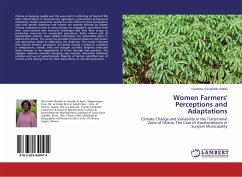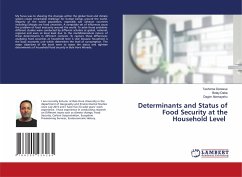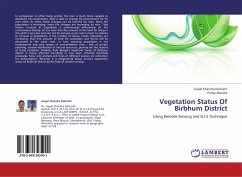This study assessed grain farmers' vulnerability status in Gusau, Zamfara state, Nigeria in the face of recent cases of climate change events especially in rainfall. Annual Yields in Grain farming in millet, sorghum, maize and rice was statistically analyzed for 15 years (1996-2010)and rainfall amount for 40 years (1971-2010) have also been assessed. Several descriptive statistics and parameters such as use of tables, graphs, percentages, frequencies were employed. Statistical analysis used were the Pearson's Product Moment Correlation, Coefficient of Determinism and Normalized Rainfall Index (NRI). This study showed annual rainfall trends were appreciable only within the later periods from year 2000 but most grain crops flourished before then because they were drought resistant except for maize farmers who became vulnerable with diminishing returns in yield due to its negative trend. The study thus recommends that several adaptive strategies should be employed among which include; constant update of rainfall data for agricultural planning, rice irrigating farming practice, planting the best short duration crops in drought periods and embracing modern soil conservation practices.
Bitte wählen Sie Ihr Anliegen aus.
Rechnungen
Retourenschein anfordern
Bestellstatus
Storno

